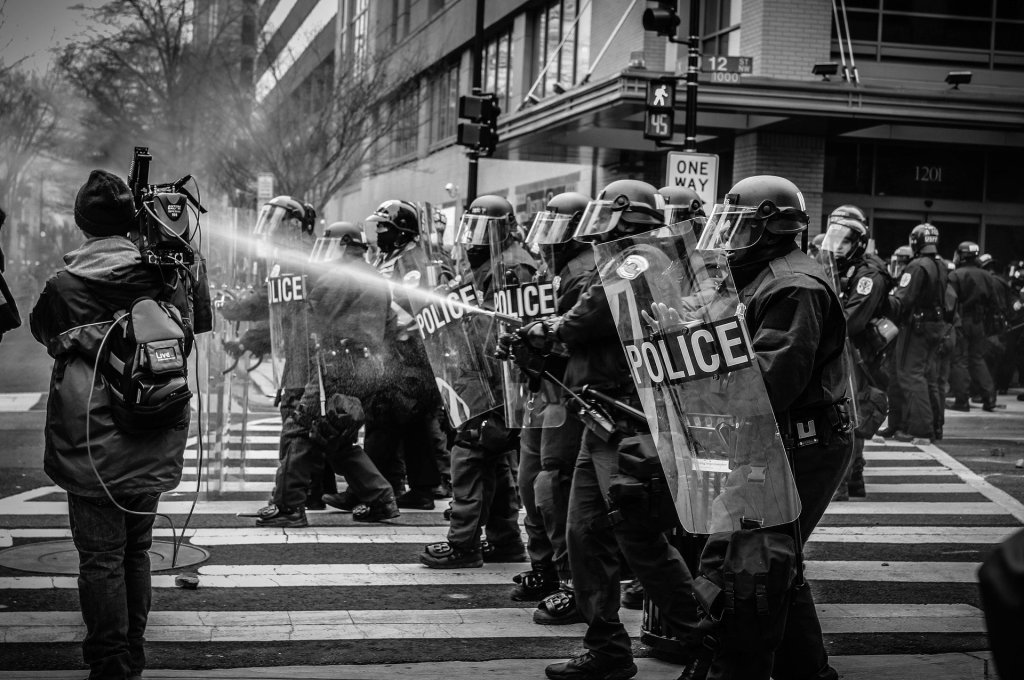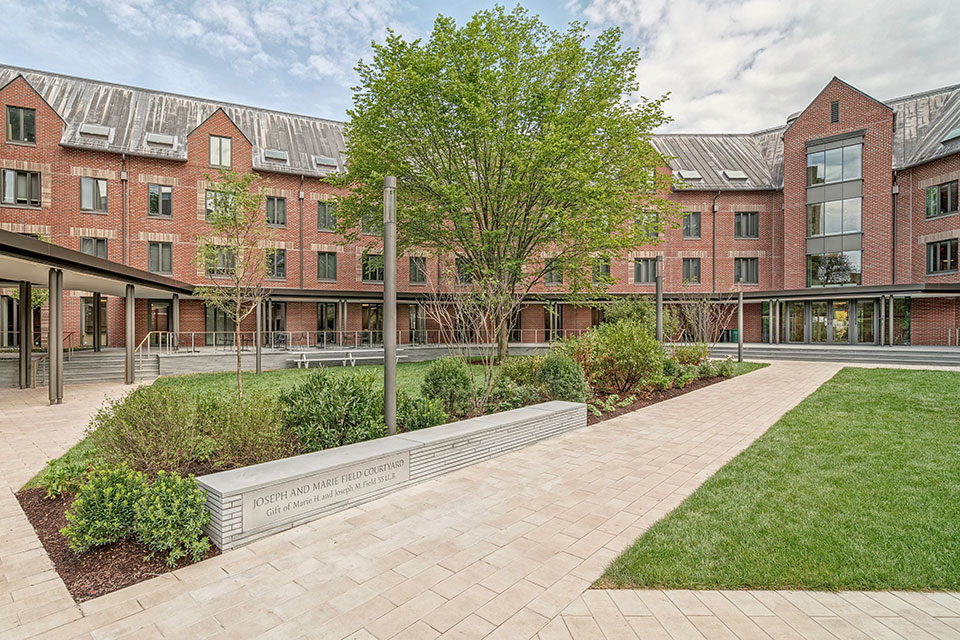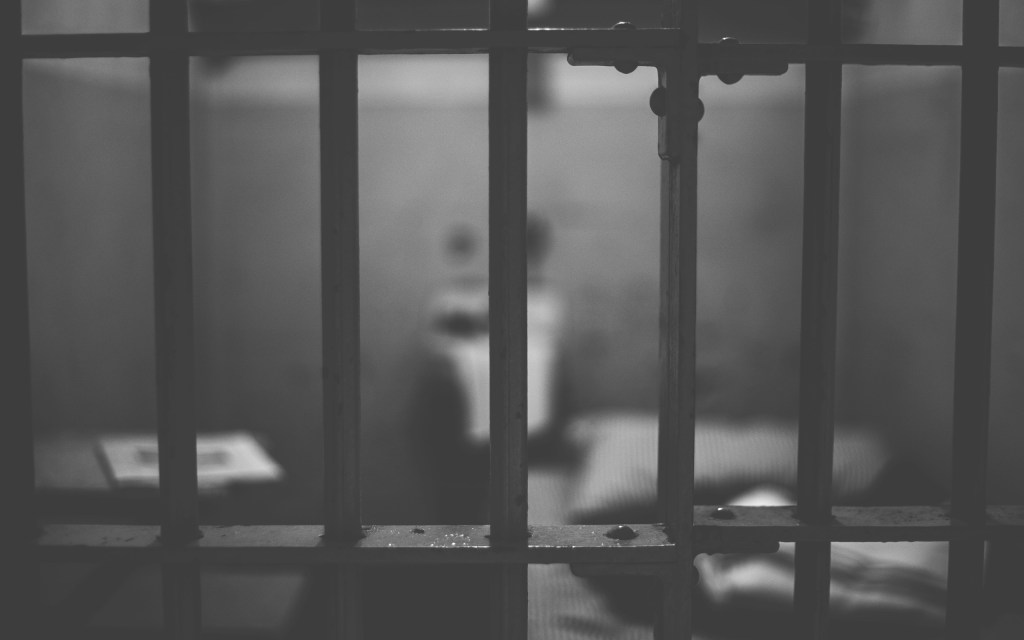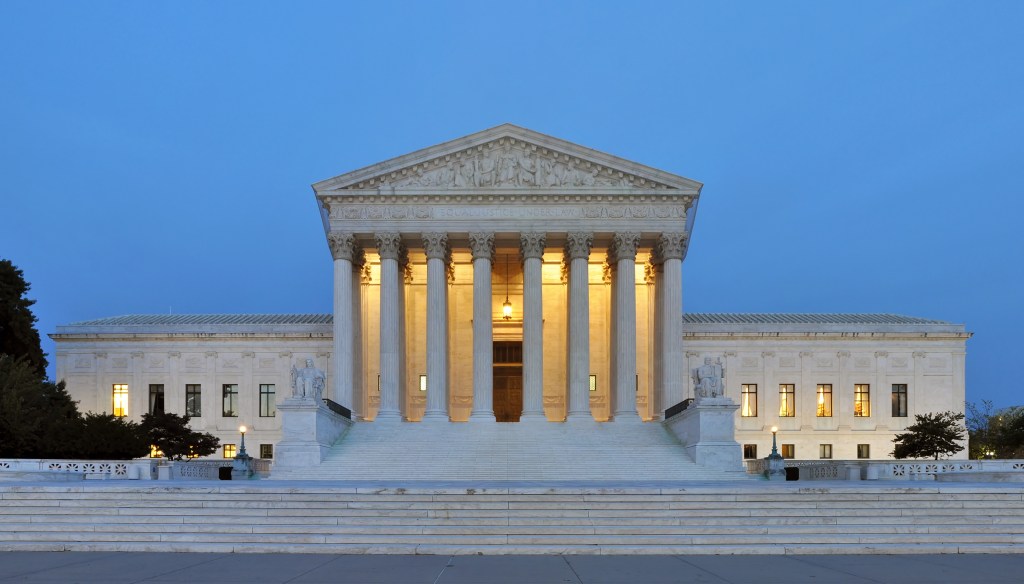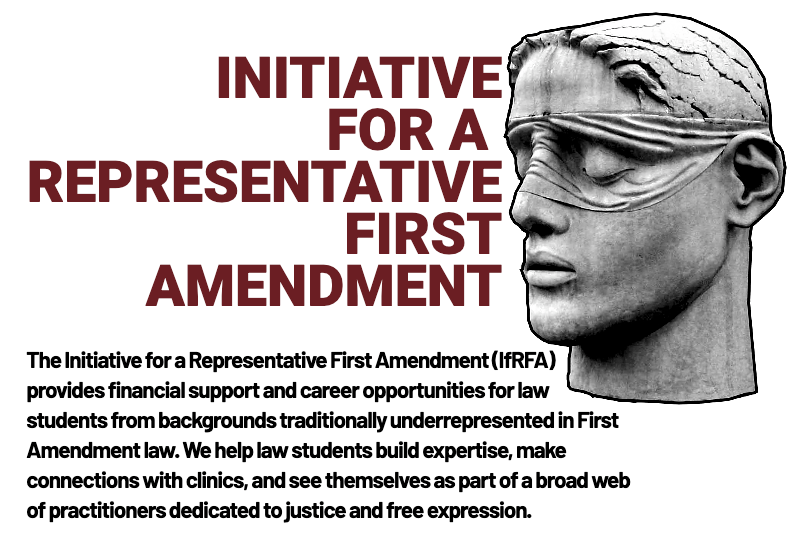Above Photo: Prof. Susan Seager, IPAT client Garrett Therolf and IPAT student Betty Kim at a screening of The Trials of Gabriel Fernandez.
Note: A version of this post originally appeared on the Irvine IPAT Clinic’s website.
A new Netflix docuseries, The Trials of Gabriel Fernandez, was made possible in part by the work of UC Irvine School of Law students. The students have worked for more than a year to unseal court records for series co-producer Garrett Therolf, a staff writer at UC Berkeley’s Investigative Reporting Program.
Therolf used the court records in the Netflix series to
bring national attention to the repeated failure of the Los Angeles County
Department of Children and Family Services to protect chronically abused
children from being killed by their parents and caregivers.
The law students won disclosure of confidential juvenile
court records for two child abuse victims, Anthony Avalos and Noah Cuatro,
whose deaths are investigated by Therolf in the final episode of the Netflix
series.
The docuseries, directed by Brian Knappenberger, was released on Netflix on February 26, 2020. The docuseries was Netflix’s most popular original series during its launch, according to the Los Angeles Times.
The students work under the supervision of Susan Seager,
who directs the Press Freedom and Transparency practice in the Intellectual
Property, Arts, and Technology Clinic at UC Irvine School of Law.
David Barstow, former New York Times investigative
reporter who is now head of investigative reporting at the UC Berkeley Graduate
School of Journalism, said, “This clinic is a godsend to journalism in California. Without
access to public records, reporters too often can’t get to the truth and
citizens too often are left in the dark. We have come to think of Susan and her
amazing law school students as our SWAT team, always at the ready to leap into
the never-ending battle for transparent, accountable government.”
“Susan’s
team has been our indispensable partner as we pry loose details about systemic
failures that harm, and sometimes kill, abused and neglected children,” Therolf
said. “The agencies that serve these children are often built on the concept of
secrecy, and we would be dead in the water without the UC Irvine Law clinic’s
tireless work to shine a light on them.”
The final episode of the Netflix series focuses on the
court files obtained by the law students, which show how Noah Cuatro, age four was
allegedly killed by his parents in July 2019 and how Anthony Avalos, age 10, was
allegedly killed by his parents in June 2018.
The students’ work for Therolf is not over. The students
continue to seek juvenile court records for Therolf to reveal how other
children were fatally abused while under the care of the Los Angeles County
Department of Children and Family Services.
Second-year student Emily Horak is working to obtain more
juvenile court records about Noah Cuatro. “It was a great experience to
represent Therolf in juvenile court,” she said. “When requesting the records,
our team felt the urgency of the matter. Maybe the insight from the records
could prevent the death of another innocent child.”
Hedyeh
Tirgardoon, a second-year student, is in the process of filing a motion to
unseal confidential juvenile court records about two sisters who were allegedly
killed by their mother. “Working with zealous advocate Garrett Therolf allows
our clinic to be the voice for these children and for all children who are
victims of alleged neglect and abuse. We refuse to turn a blind eye,” she said.
“By holding government agencies accountable for their failure to protect
children under their care, we hope to usher in a new era of transparency,
responsibility, and protection to prevent atrocities like the deaths of Noah
Cuatro, Anthony Avalos, and Gabriel Fernandez. Their deaths were preventable.
It is as simple as that.”
In February, Betty Kim, also a second-year student, filed
a motion in the Los Angeles Superior Court criminal division asking a judge to
unseal the secret transcript of the grand jury that indicted Noah Cuatro’s
parents for allegedly torturing, sexually abusing, and killing Noah. The motion
is pending.
“Advocating in court on behalf of a journalist reinforced
for me the longstanding importance of the First Amendment, as well as the
press’s fundamental role to obtain and deliver prompt news to the public,”
second-year law student Kim said.
In addition to Tirgardoon, Horak, and Kim, the law students
who have worked for Therolf include Emily Asgari, Sachli Balazadeh-Nayeri,
Nia Bush, Amy Chi, Cassie Doutt, Shanxi Feng, Henry Glitz, Kennedy Holmes,
Jacob Karim, and Anthony Mendez. The law
clinic provides free legal services to independent journalists, documentary
filmmakers, open government advocates, and start-up businesses, among others.
“The students have done a fantastic job representing
Garrett and winning court orders releasing secret government files,” Seager
said.
The Netflix series focuses on the criminal trials of
Gabriel Fernandez’s mother, Pearl Fernandez, and her boyfriend, Isauro Aguirre.
Both were charged with torturing and killing Fernandez’s eight-year-old son,
Gabriel. Aguirre was convicted and sentenced to death, while Fernandez pleaded
guilty and agreed to life in prison without the possibility of parole.
To win court orders releasing the juvenile court records,
the students employed a California law (Welfare & Institutions Code Section
827(a)(2)) that requires juvenile courts to disclose confidential court records
about fatally abused children when the children are under the jurisdiction of
the juvenile court at time of death.
To seek the grand jury transcript, the students are
relying on California Penal Code Section 938.1(b), which provides that
post-indictment state grand jury transcripts “shall” be unsealed unless the
defendant can show a “reasonable likelihood” that 12 unbiased jurors cannot be
found. The clinic has filed a motion asking a Los Angeles Superior Court judge to
unseal the secret grand jury transcript in the murder case against Noah
Cuatro’s parents, who were indicted for allegedly torturing, sexually abusing,
and killing Noah.
The law students have worked on the following cases for
Therolf:
In re Anthony Avalos. Anthony
Avalos was 10 years old when he was rushed to the hospital and pronounced dead
in June 21, 2018 with a fatal skull fracture and signs of neglect and abuse. In
2019, students filed a petition on behalf of Therolf in Los Angeles Superior
Court’s juvenile division, seeking disclosure of Anthony’s confidential juvenile
case file to find out the circumstances of his death while under the protection
of the Los Angeles County Department of Children and Family Services. On July
24, 2019, the court issued an order unsealing Anthony’s file. On September 3,
2019, Therolf published an expose about Anthony’s death on the front page of
the Los Angeles Times. Anthony’s case is discussed in the sixth episode
of the Netflix docuseries, The Trials of Gabriel Fernandez.
In re Olivia Apai. Olivia
Apai was 10 months old when she died on June 24, 2019. The Los Angeles County Department of
Family and Child Services said in a press release that she died of suspected
maltreatment while in the custody of a parent or legal guardian. Students filed
a petition to unseal Olivia’s juvenile case file on behalf of Therolf in Los
Angeles Superior Court’s juvenile court division. On January 23, 2020, the court issued an order granting Therolf’s
petition and ordering release of her juvenile case file.
In re Noah Cuatro. Noah
Cuatro was four years old when he was allegedly killed by his parents, Jose
Maria Cuatro Jr. and Ursula Elaine Juarez, on July 6, 2019. In September 2019, students
filed a petition with the Los Angeles Superior Court juvenile division on
behalf of Therolf, seeking disclosure of Noah’s juvenile case file. In March
2020, the court indicated that it had granted Therolf’s petition and ordered
disclosure of Noah’s file, but the court has not released its order or the file
as of this writing. Noah’s case was discussed in the sixth episode of the
Netflix docuseries, The Trials of Gabriel Fernandez.
People v. Juarez. In
February 2020,students filed a motion in Los Angeles Superior Court’s
criminal division, asking the court to unseal the transcript of the grand jury
proceedings that resulted in the murder and torture indictment of Noah Cuatro’s
parents, Jose Maria Cuatro Jr. and Ursula Elaine Juarez. The motion is pending.
Noah’s case was discussed in the sixth episode of the Netflix docuseries, The
Trials of Gabriel Fernandez.
In re Camille Hickman and In re Jaliya
Hickman. Seven-year-old Jaliya Hickman and her sister, one-year-old
Camille Brewster Hickman, died on October 19, 2017. Their tiny unclothed bodies
were dusted with a white powder when they were found near a liquor store in San
Pedro. In March 2019, students filed a petition in the Los Angeles Superior Court’s
juvenile division on behalf of Therolf, seeking disclosure of the Hickman
sisters’ juvenile case files. On July 24, 2019, the court issued an order
granting the release of their juvenile case files to Therolf. Students are filing
a second petition asking the court to release more of the file.
